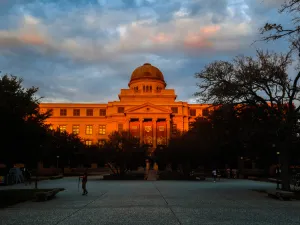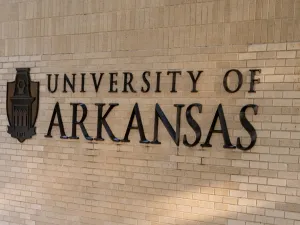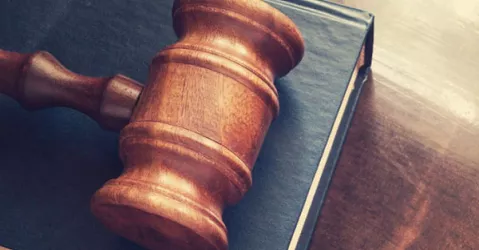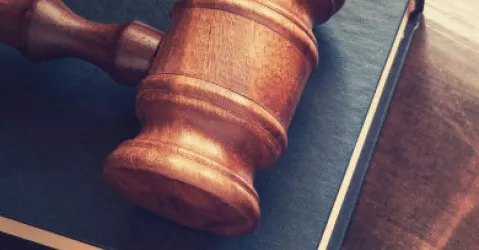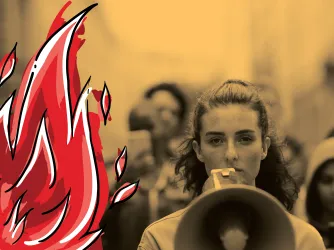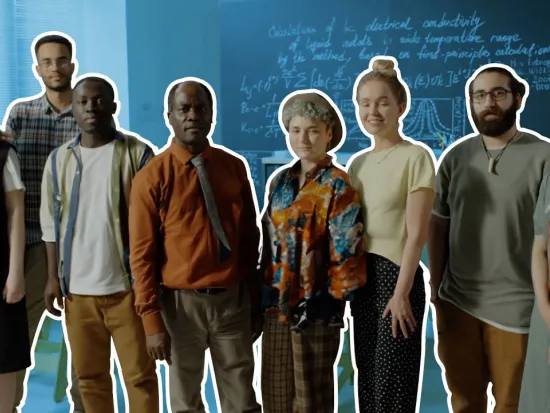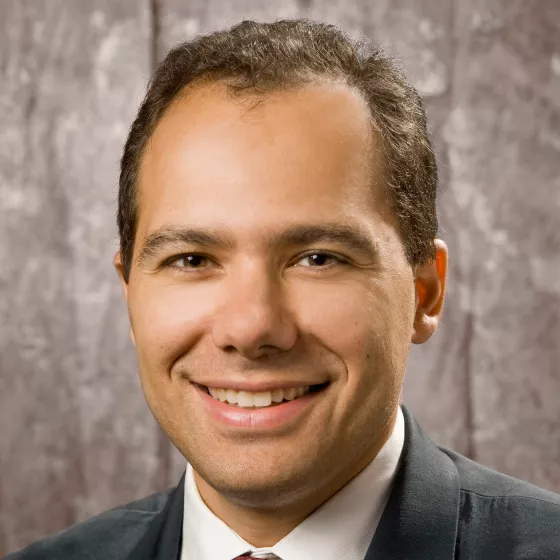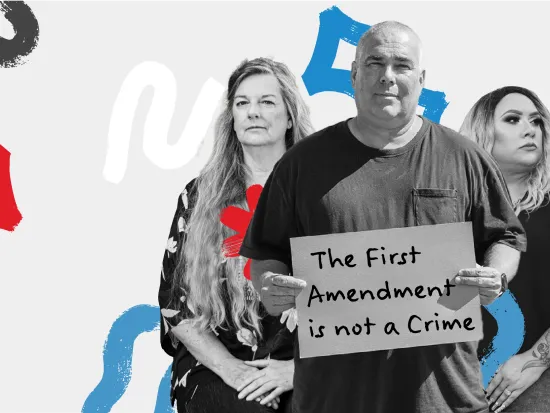The Supreme Court of the United States ruled in Sweezy v. New Hampshire (1957) that the government should be “extremely reticent to tread” on academic freedom and political expression, especially when the views challenge prevailing norms. Chief Justice Earl Warren held that research and scholarship “cannot flourish in an atmosphere of suspicion and distrust,” and that students and faculty “must always remain free to inquire, to study and to evaluate, to gain new maturity and understanding; otherwise our civilization will stagnate and die.”
Academic freedom encompasses both the freedom of expression and the freedom of inquiry, empowering individuals to pursue truth and advance knowledge. The First Amendment gives scholars, researchers, and students the right to express their ideas, engage in open debate, and explore controversial or unpopular topics without fear of censorship or retribution.
In the landmark case Keyishian v. Board of Regents (1967), the Supreme Court reaffirmed the principle that academic freedom is not limited to faculty members but extends to students as well. The Court held that students have the right to express their views, both in and out of the classroom, as long as it does not substantially disrupt the educational environment. This decision ensured that students could engage in political activism and express dissenting opinions without fear of censorship.




